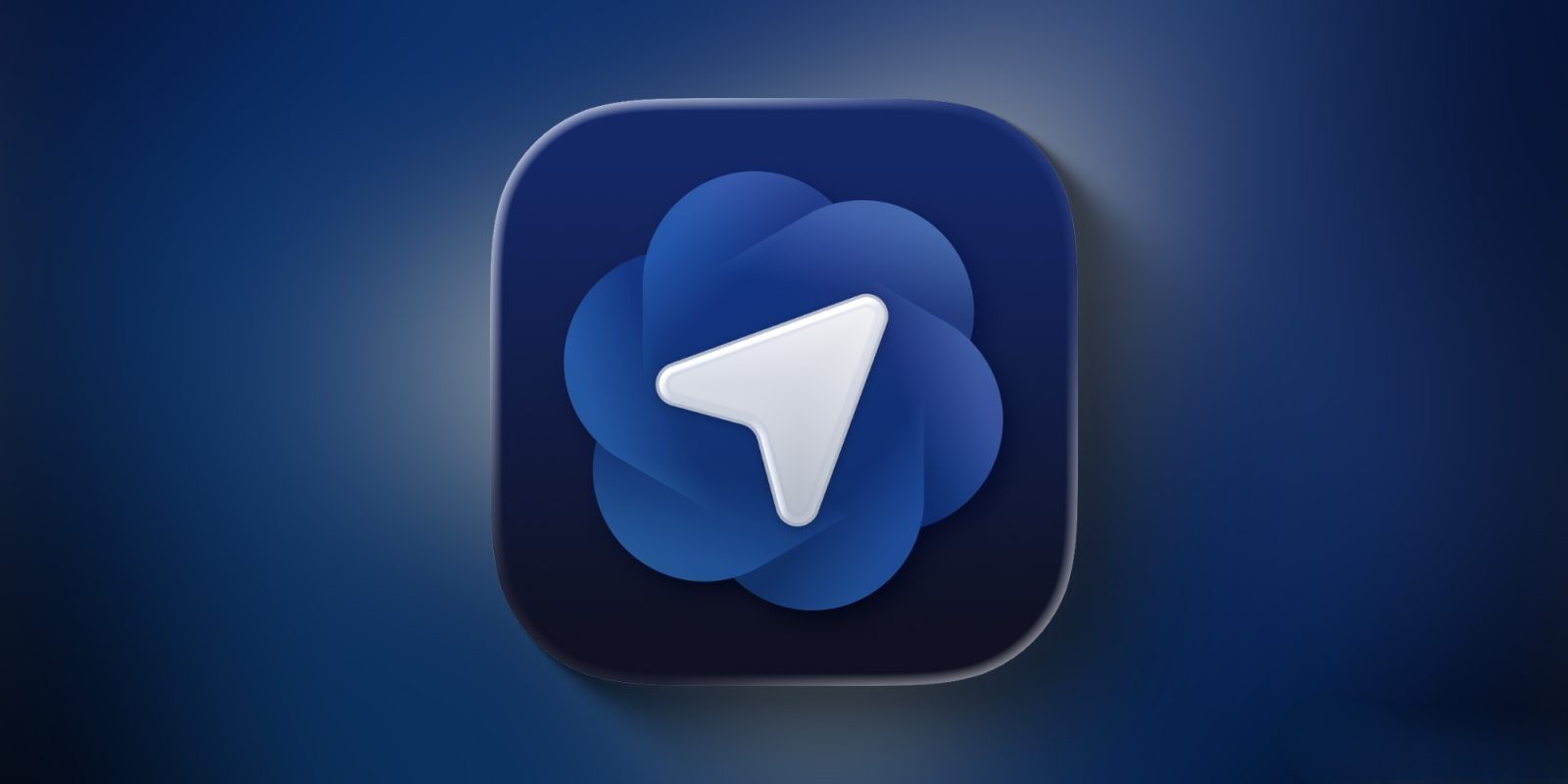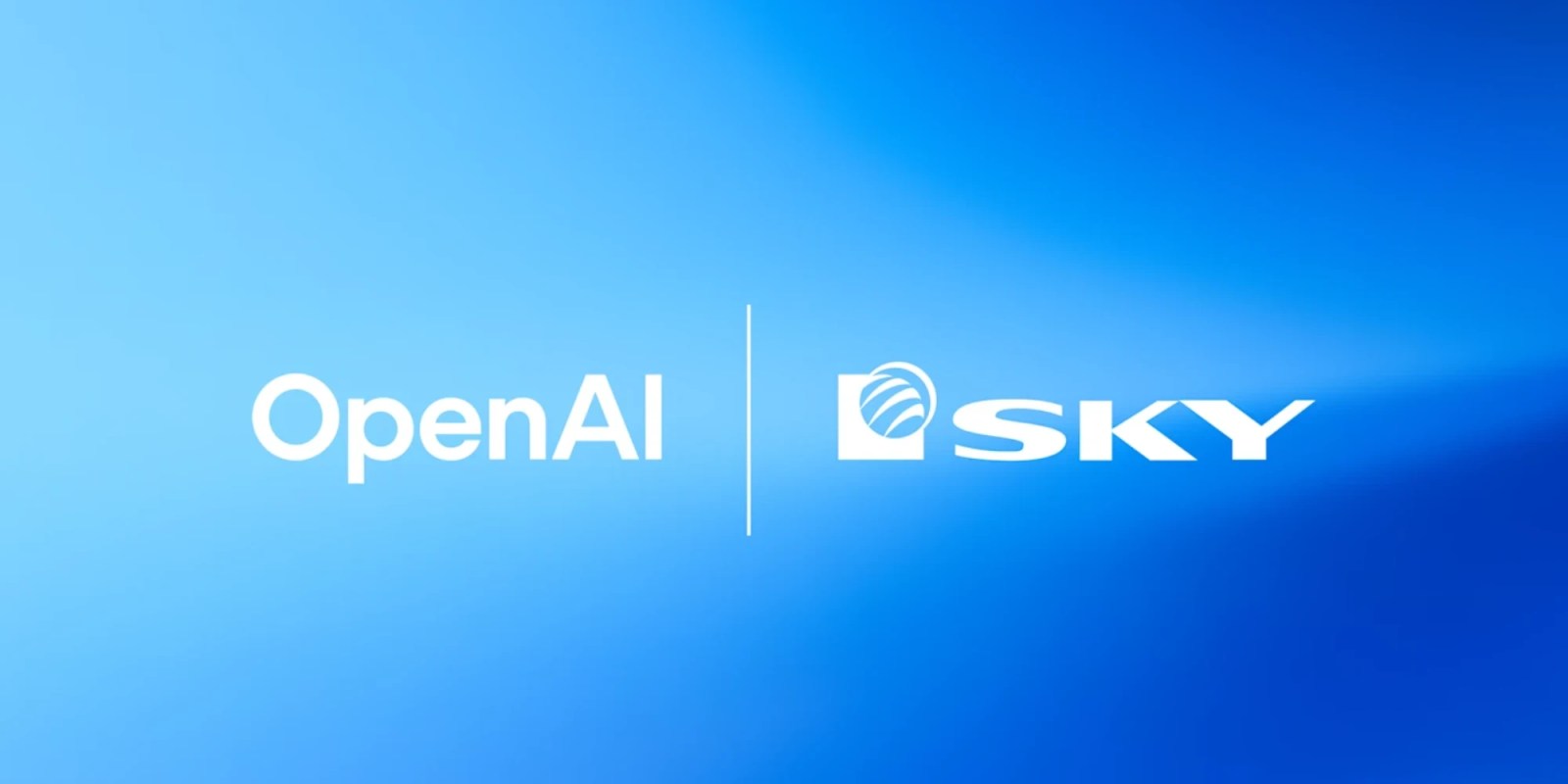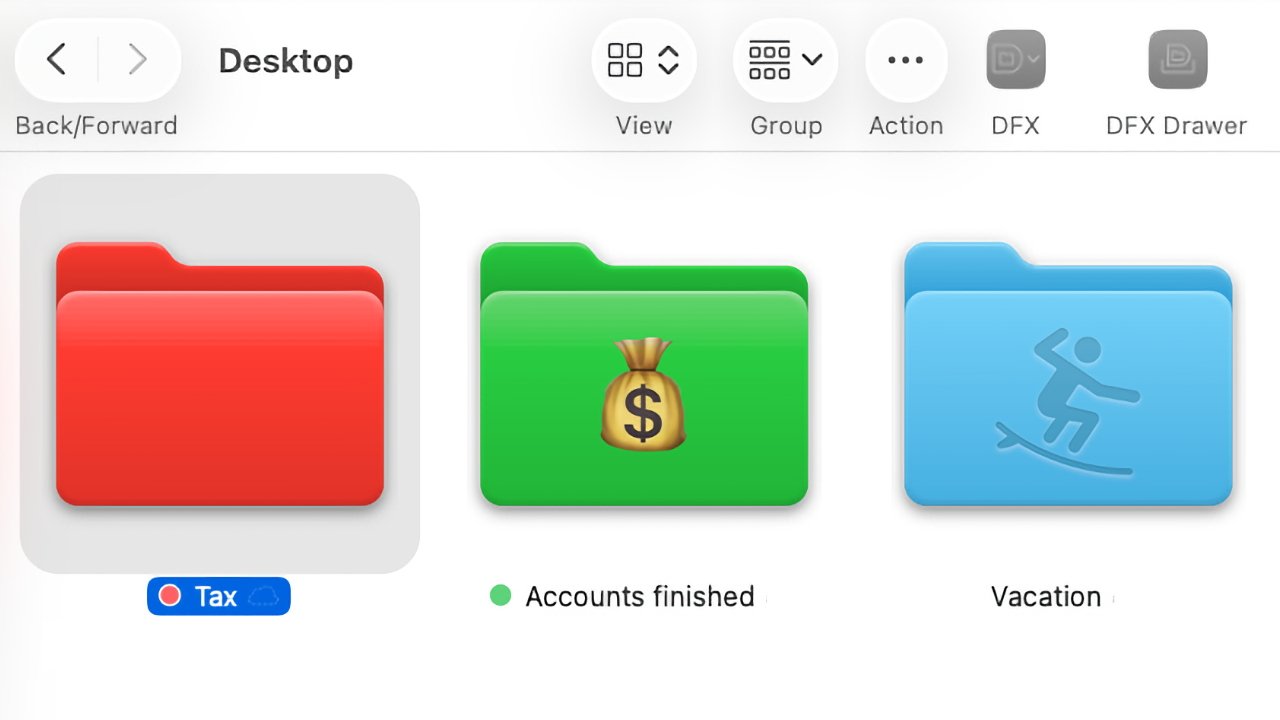On October 21, 2025, OpenAI unveiled ChatGPT Atlas, an innovative web browser that seamlessly integrates its advanced AI chatbot, ChatGPT, into the browsing experience. This strategic move positions OpenAI as a direct competitor to established browsers like Google Chrome, marking a significant shift in the digital landscape.
A New Era in Web Browsing
ChatGPT Atlas is designed to revolutionize how users interact with the internet by embedding AI capabilities directly into the browser interface. This integration allows for a more intuitive and efficient browsing experience, enabling users to perform tasks such as summarizing web content, comparing products, and analyzing data without leaving the current page. The browser’s agent mode, available to paid subscribers, empowers ChatGPT to autonomously navigate websites and complete complex tasks like online shopping or trip planning. ([reuters.com](https://www.reuters.com/technology/openai-unveils-ai-browser-atlas-2025-10-21/?utm_source=openai))
Features and Functionalities
ChatGPT Atlas offers a suite of features aimed at enhancing user productivity and engagement:
– ChatGPT Sidebar: This feature provides real-time assistance by summarizing content, offering product comparisons, and analyzing data directly within the browser window.
– Agent Mode: Exclusive to paid users, this mode allows ChatGPT to perform tasks on behalf of the user, such as booking tickets or making purchases, by interacting with websites autonomously.
– Memory Support: Atlas includes memory capabilities that bridge conversations between ChatGPT and the browser, creating a cohesive knowledge base that enhances the browsing experience.
– Natural Language Input: Users can interact with the browser using natural language commands to manage tabs, retrieve information from previous sessions, and perform other tasks efficiently. ([9to5mac.com](https://9to5mac.com/2025/10/21/openai-browser-chatgpt/?utm_source=openai))
Availability and Platform Support
Initially, ChatGPT Atlas is available globally on macOS, with plans to expand to Windows, iOS, and Android platforms in the near future. This phased rollout ensures a broad user base can access the browser’s innovative features across various devices. ([reuters.com](https://www.reuters.com/technology/openai-unveils-ai-browser-atlas-2025-10-21/?utm_source=openai))
Implications for the Browser Market
The introduction of ChatGPT Atlas intensifies competition in the web browser market, particularly challenging Google’s dominance with Chrome. With ChatGPT boasting over 800 million weekly active users, OpenAI’s foray into the browser space could significantly impact user preferences and market dynamics. Analysts suggest that if OpenAI begins monetizing Atlas through advertising, it could divert substantial revenue from Google, prompting the tech giant to accelerate its AI integration efforts within Chrome. ([reuters.com](https://www.reuters.com/technology/openai-unveils-ai-browser-atlas-2025-10-21/?utm_source=openai))
Privacy and Security Considerations
OpenAI emphasizes user privacy and data security in ChatGPT Atlas. The browser includes features like incognito mode, and user data is not used for model training by default. These measures aim to address growing concerns about data privacy in AI-driven applications. ([lemonde.fr](https://www.lemonde.fr/en/economy/article/2025/10/22/with-chatgpt-atlas-openai-launches-a-battle-of-web-browsers_6746667_19.html?utm_source=openai))
The Future of AI in Web Browsing
The launch of ChatGPT Atlas signifies a broader trend toward integrating AI into everyday digital tools. By embedding AI directly into the browsing experience, OpenAI aims to redefine how users interact with the internet, making information retrieval more conversational and task completion more efficient. As AI continues to evolve, the boundaries between traditional web browsing and AI-assisted interactions are expected to blur, leading to more personalized and intuitive user experiences.
Conclusion
OpenAI’s ChatGPT Atlas represents a significant advancement in the integration of AI and web browsing. By offering features like real-time assistance, autonomous task completion, and natural language interaction, Atlas sets a new standard for what users can expect from their browsing experience. As it becomes available across more platforms, its impact on the browser market and user behavior will be closely watched.



